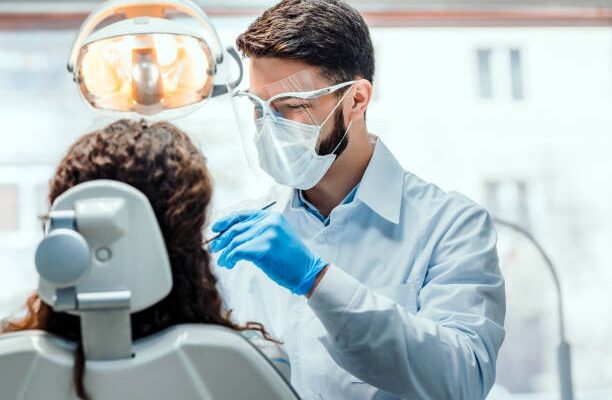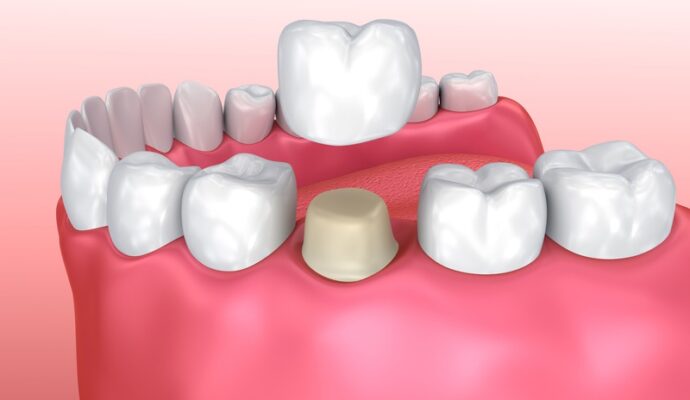Benign prostatic hyperplasia (BPH) is a problem indicated by prostate enlargement that usually influences men as they grow older. Constipation, continual peeing, and other urinary complications are just a few of the concerns that can arise when the prostate gland becomes bigger. Also, it may cause issues with your kidneys, urinary system, or bladder. To better comprehend benign prostatic hyperplasia, we have assembled a detailed article covering all factors of the illness.
Signs and Symptoms
Prostate enlargement can cause a wide range of symptoms and their strength changes from one person to another. Usual BPH signs and symptoms include:
- Nighttime urinating more often than usual (nocturia).
- Prolonged struggle to initiate urinating
- Irregular or weak urine flow
- Slight dribbling after finishing a pee
- Urinary retention
Some of the less usual signs and symptoms include:
- Urinary tract infection
- Impairment of urinary function
- Urine containing blood
If you want to learn more regarding the symptoms of BPH, visit a urology clinic in Hamilton.
Causes
The prostate in many men continues to enlarge even after puberty has ended. This uncontrolled prostate enlargement in many men causes signs and symptoms of urinary retention or noticeably reduced urine movement. Unfortunately, the root causes of prostate enlargement remain uncertain. Nonetheless, this may be due to changes in the sex hormonal levels as men age.
Risk Factors
Numerous factors can result in an enlarged prostate gland; however, these are several more popular ones:
- Aging – Signs and symptoms of an enlarged prostate are unusual in men under the age of 40. By age 60, around a third of males will have moderate-to-severe signs and symptoms; by age 80, about half will have them.
- Family history – One’s danger of establishing prostate problems is boosted if a close loved one, such as a father or a sibling, has had the problem.
- Diabetes and heart disease – Evidence recommends that diabetes, cardiovascular illness, and beta blockers increase the chance of forming BPH.
- Lifestyle – Being obese increases your risk for BPH; however, routine exercise can reduce it.
Treatment
Luckily, there are lots of options for treating benign prostatic hyperplasia. Your doctor will join forces with you to create a treatment plan, including lifestyle alterations as the primary line of defense. Afterward, your doctor might suggest medication, less invasive treatments, or surgery. You can find out more treatment options on the internet.
Lifestyle Changes
Your urologist would likely suggest you begin by changing your everyday habits. By embracing more healthful exercises, you can minimize the extremity of your signs and symptoms and, in some cases, even see a total turnaround. Altering your lifestyle presents very little danger. Their efficiency extends beyond a solitary context. Therefore, your doctor will likely suggest trying these procedures before considering additional treatments.
Medications
Your urologist might advise medication for BPH if you still have symptoms despite making lifestyle modifications. Some drugs can diminish the prostate, while others can lessen or eliminate the symptoms. Never strive to self-medicate or use anything other than your doctor-approved treatment.
Surgery
If none of the discussed approaches successfully relieve your BPH, you need to consult a urologist regarding surgical treatment option for BPH. The enlarged prostate cells can be eliminated, or the urethra can be expanded through surgical treatments to support chronic BPH symptoms. You must speak to your urologist about whether or not you are a perfect candidate for the procedure because, similar to any surgery, there are dangers entailed.




